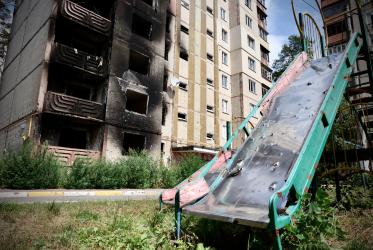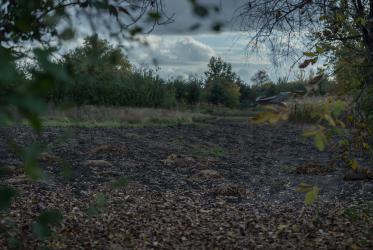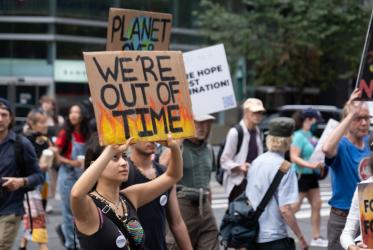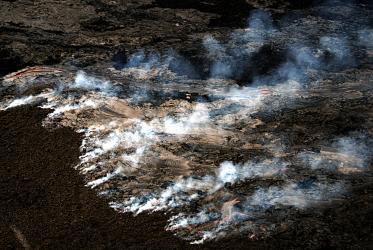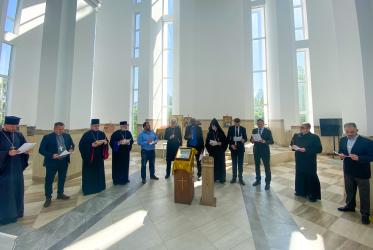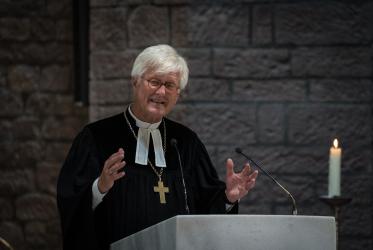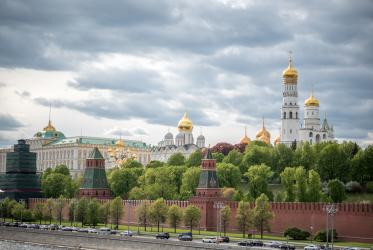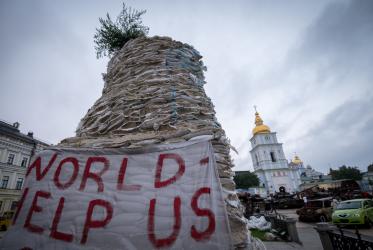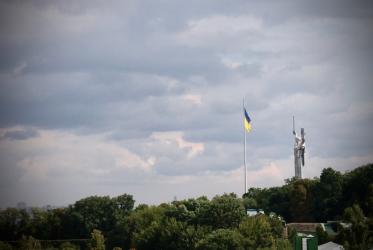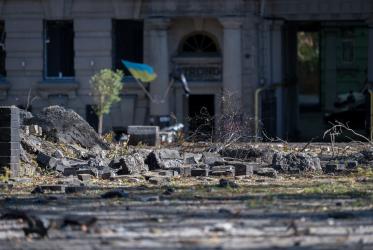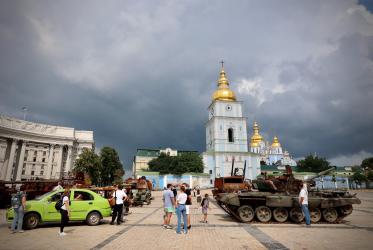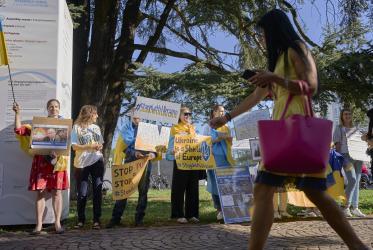Displaying 1 - 20 of 194
WCC denounces Russian campaign to terrorize people of Ukraine
30 December 2023
WCC postpones roundtable on Ukraine
11 October 2023
WCC among “movers and doers” at UN Climate Ambition Summit
20 September 2023
Churches march in New York City to declare no faith in fossil fuels
18 September 2023
WCC offers condolences in wake of wildfires in Hawaii
16 August 2023
500 churches and religious sites destroyed in Ukraine during the war
22 February 2023
WCC denounces continuing attacks on civilians in Ukraine
16 January 2023
WCC acting general secretary visits Moscow
17 October 2022
Ukraine: Responding to humanitarian need
08 September 2022

